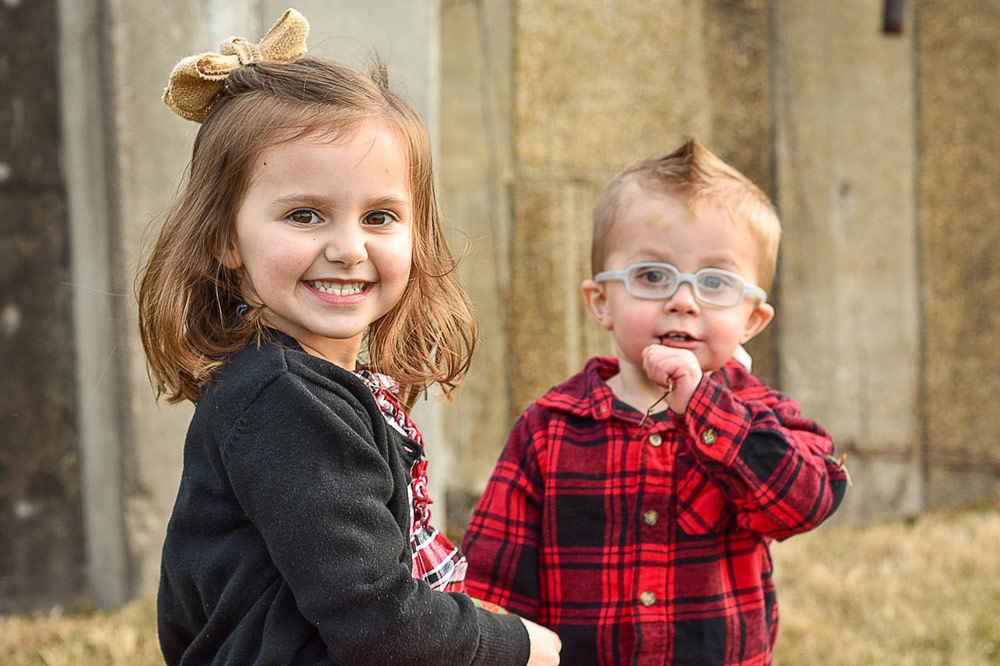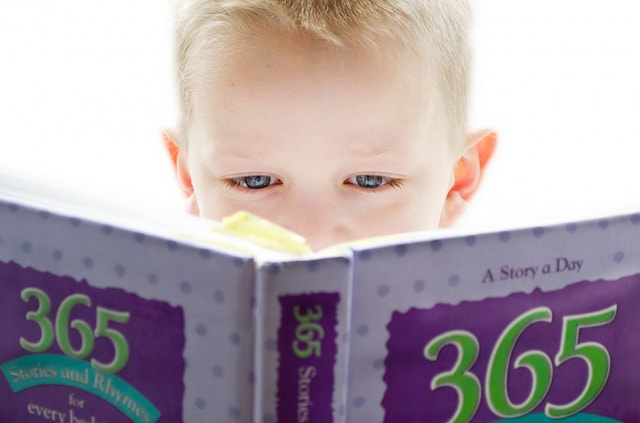|
What is Applied Behavior Analysis (ABA)?
ABA is the science of behavior in which the learning principles are applied systematically to improve socially significant behavior. Interventions derived from ABA have been proven effective for children, adolescents, and adults with autism and other developmental disabilities (e.g., down syndrome, fragile-x). In fact, ABA is effective in addressing concerns related to learning and behavior, regardless of diagnosis.
|
What Skills Will My Child Learn?
As an applied behavior analysis (ABA) program, NYBAPS adheres to behavior analytic principles to reduce your child’s challenging behaviors and teach new replacement skills. We use objective (quantifiable) data to plan, implement, and evaluate the effectiveness of the interventions we use.
|
NYBAPS utilizes carefully selected curriculum for your child’s in-home ABA. However, each program is individually designed to meet your child’s unique repertoire of behavioral deficits and excesses. Skill acquisition targets are selected from domains in which children with autism typically present with delays and are listed below. Programming will start with the earliest skills to emerge in typical development and continue to progress in developmental order.
|
|
Function-Based Language
The language program will focus on teaching your child to communicate what he wants, when he wants it. Manding (requesting) is often one of the first skills taught. Learning how to make requests often relates to improvements in maladaptive behavior as frustration in communication is one of the most frequent reasons for engaging in problem behaviors. Some basic functions of verbal behavior are:
|
|
Curriculum
We rely heavily on these curricula to individualize your child’s program.
Behavioral Intervention for Young Children with Autism: A Manual for Parents and Professionals
|
Resources
|
Applied Behavior Analysis is recommended by:
|
Helpful Links
|






